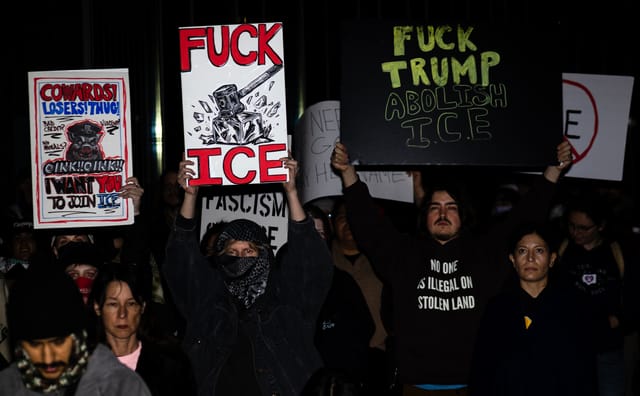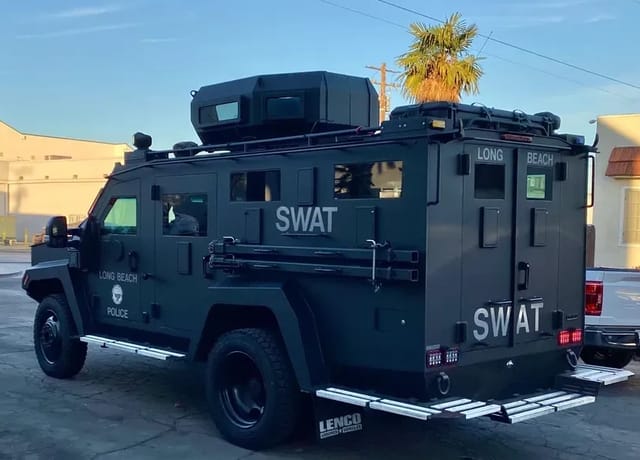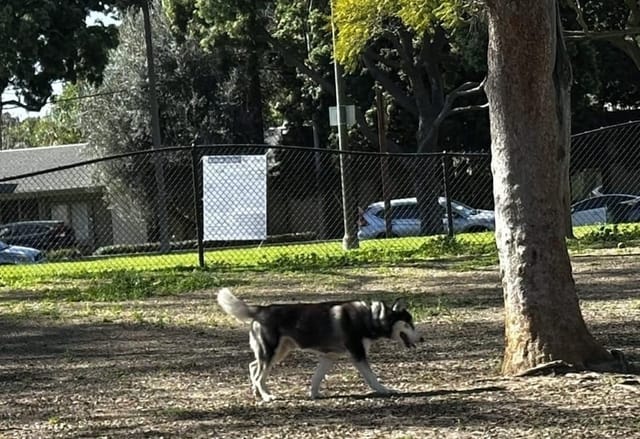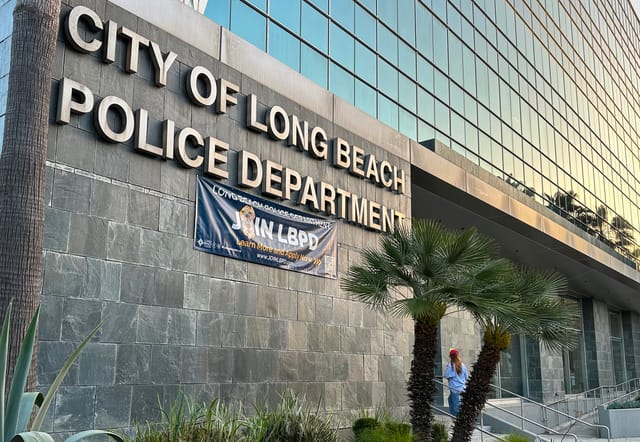Supreme Court ruling allows enforcement of public camping bans, but Long Beach mayor says don’t expect a crackdown
Experts and advocates caution that arrests and jail time can make it harder for people to get out of homelessness
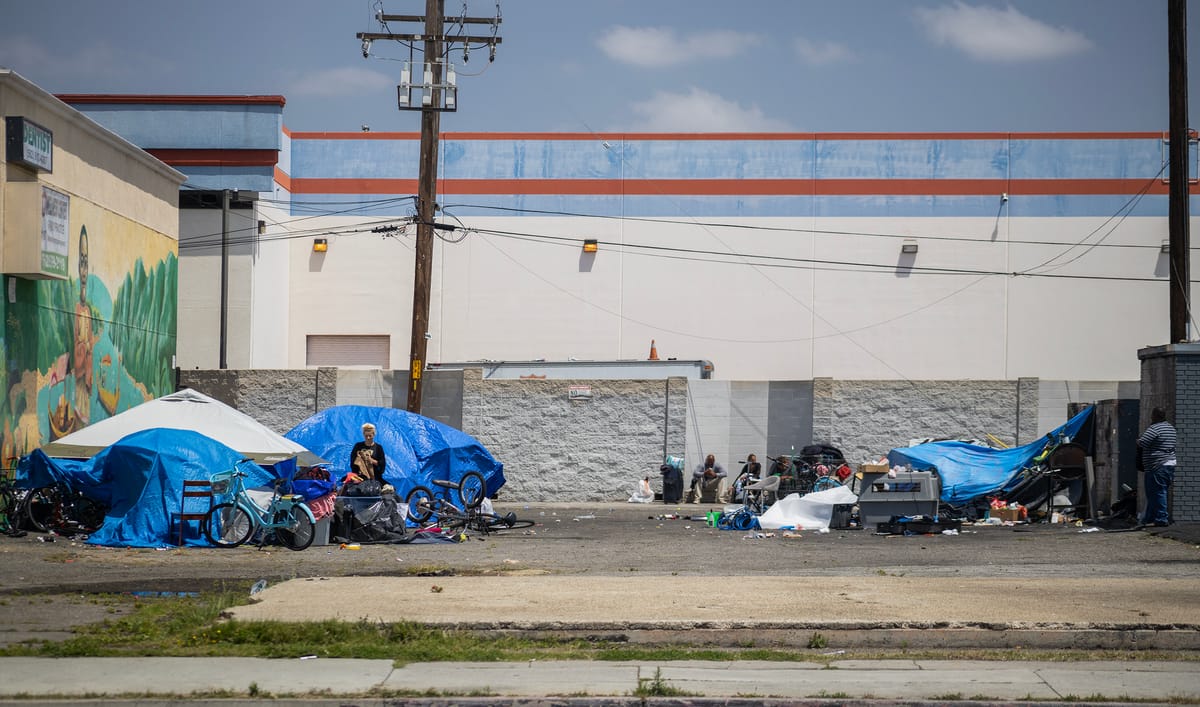
A Supreme Court ruling allowing cities to criminalize public camping will give Long Beach more leeway to clear homeless encampments, but the city will continue to focus on providing outreach, emergency shelter and housing, Mayor Rex Richardson said Friday.
Homeless advocates fear the decision could be game-changing in California, which since 2018 has been governed by a lower court ruling that said it’s cruel and unusual punishment to penalize people for sleeping in public when they have nowhere else to legally lie down.
Long Beach has been pouring money and effort into adding emergency shelter beds, offering outreach services and encouraging the building of affordable housing, but some residents remain frustrated and angry about tent encampments that persist around the city.
Richardson said the city’s approach is “beginning to show results” — the 2024 homeless count found the number of unhoused people in the city decreased slightly since 2023 – but the 2018 ruling “really constrained our ability to implement some some common sense measures, like clear the walkway in front of the library.”
He’ll be talking with officials in the city’s public health, homeless services and police departments about the Supreme Court decision, which was issued Friday, and “what this means for our policies, but we just want to be clear with folks — our philosophy hasn’t changed,” Richardson said. “We’re still a compassionate city.”
Long Beach resident Julie Lie, who works with unhoused people and chairs the city’s Homeless Services Advisory Committee, said the potential for tougher enforcement against public camping is “sort of like kicking a dog that’s down.”
“We know the causes are economic, and this doesn’t address the economic situation that causes homelessness,” she said.
Lie questioned whether the jail system is equipped to handle the sometimes challenging and chronic health issues of people who have been living on the streets and said incarceration is “one of the most expensive alternatives.”
Some experts agreed that using law enforcement — and the threat of citations and arrests — to clear encampments can reduce the visibility of the problem in the short term but may worsen it in the long run.
When people get arrested and possibly go to jail, they may lose all their belongings, and afterward they’ll likely have a harder time finding a job or getting an apartment, said Gary Blasi, professor of law emeritus at UCLA.
“It just makes getting out of homelessness that much more difficult, so not only does it not solve the problem, it makes the problem worse and it will put people on the streets for longer periods of time,” Blasi said.
Benjamin Henwood, director of USC’s Center for Homelessness, Housing and Health Equity Research, said a root cause of homelessness is people getting priced out of housing, and studies have found it’s less expensive to provide housing than to pay for law enforcement and incarceration.
He thinks the Supreme Court decision will open the way for residents to put more political pressure on elected officials to clear encampments, and that “will cause certain people a lot of misery who get caught up in sweeps.”
A statement from Long Beach said the city remains committed to treating unhoused people “with dignity and compassion.” It noted the ruling doesn’t compel cities to crack down on sleeping in public, and Richardson said that’s not planned in Long Beach.
“I don’t see this as a license to just arrest homeless people,” he said. “I think that is not the spirit of the ruling and that’s not how Long Beach is going to interpret it.”
Lie said the city homeless commission’s policy subcommittee may take up the issue. After talking to hundreds of unhoused people over the years, she said, “the only common thing I can tell you is that they all want a safe place to be, and that’s a basic human need.”
We need your support.
Subcribe to the Watchdog today.
The Long Beach Watchdog is owned by journalists, and paid for by readers like you. If independent, local reporting like the story you just read is important to you, support our work by becoming a subscriber.


